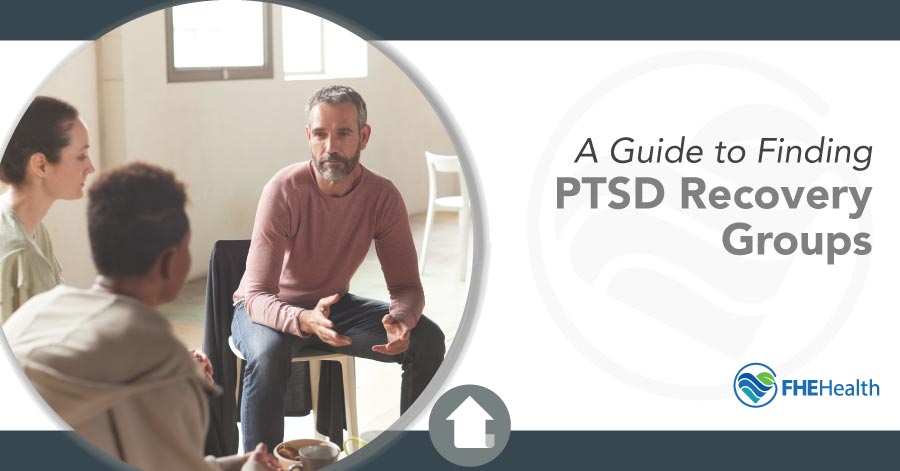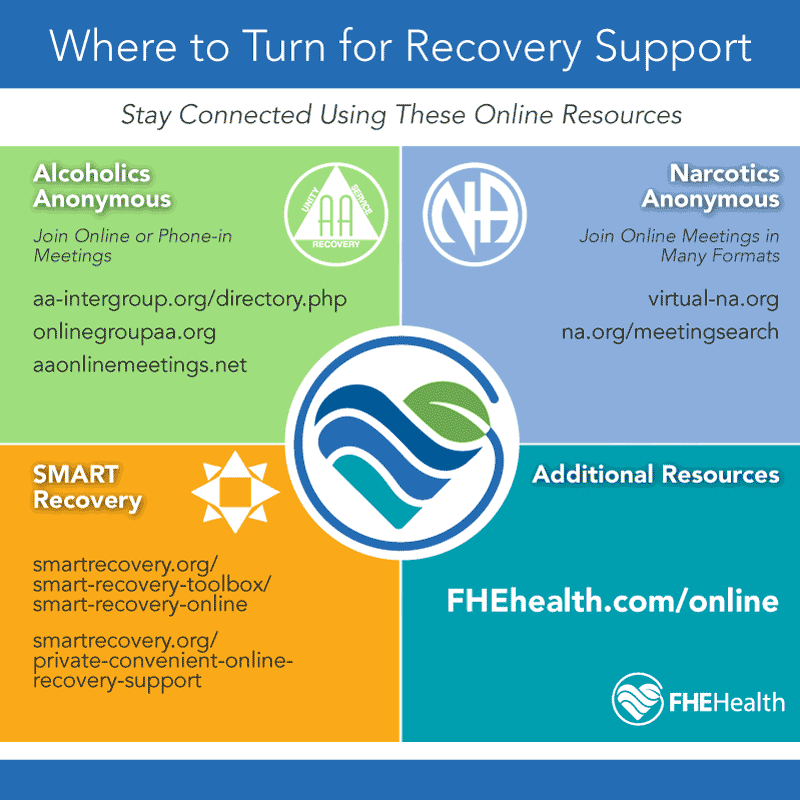
A single traumatic event may last no more than a few moments, but its effects can remain for a lifetime. Unfortunately, trauma is extremely common. With 60% of men and 50% of women experiencing trauma at some stage in their lives, it’s become an issue that gets a lot of attention. At 33%, sexual violence is the leading cause of trauma in the United States.
In severe cases, traumatic experiences can lead to post-traumatic stress disorder (PTSD). This is a chronic mental health condition that comes on after a terrifying or life-threatening event. Symptoms include flashbacks, nightmares and severe anxiety. For many people with PTSD, these symptoms can be so disabling that they interfere with their ability to work, go to school, or take care of day-to-day responsibilities.
The good news is that treatments are available that can help. Partaking in trauma support groups can help you overcome some of the anxiety associated with PTSD. Research indicates that talking in groups with professional guidance leads to a reduction in symptoms related to post-traumatic stress disorder. So, what exactly is a PTSD support group, and how can you go about finding one?
What Is a PTSD Recovery Group?
A PTSD recovery group is a type of therapy where people who’ve experienced trauma meet to discuss their experiences. This helps them work through their emotions. The groups might be led by a therapist, and sessions can involve discussion, relaxation exercises and PTSD education. It may also just be a simple chat forum with other survivors.
The goal of PTSD recovery groups is to reduce symptoms, improve functioning and promote healing. The groups provide a supportive environment where people can share and feel understood. Participants often find the groups helpful for promoting recovery.
If you’re struggling with severe PTSD, support group meetings may not be enough to help you overcome it. If it’s interfering with your daily life or compromising your ability to function, it might be time to seek help. FHE Health is a leading mental health facility and is highly experienced in treating PTSD.
Online vs. In-Person Support Group Meetings
Deciding whether to participate in an online or in-person PTSD support group can be difficult. There are benefits and drawbacks to both types of groups. Online trauma support groups offer the benefit of convenience and anonymity. You can participate from the comfort of your own home, and no one needs to know you’re struggling with PTSD. However, online groups can also be impersonal and lack the emotional support you might find in an in-person group. Other drawbacks include:
- Not knowing who the other people are
- Often not led by a therapist
- Potential privacy issues
In-person groups offer the opportunity to connect with others who are dealing with similar issues. This can provide a feeling of camaraderie and allow you to share your experiences in a safe and supportive environment. However, attending an in-person group may not be possible for everyone, and it can be difficult to find a group that meets at a time that’s convenient for you.
Top 5 PTSD Support Groups
If you’re looking for support group meetings in your local area, try searching “trauma support groups near me” or “PTSD support groups near me.” Alternatively, you can always seek online support. There are a number of online support groups that you can join. Here are our top picks:
1. After Silence
After Silence is an online post-trauma forum for sexual abuse survivors. It’s anonymous and when registering (for free), you’re encouraged not to use your real name. The website aims to provide a place where people suffering from PTSD can go to feel empowered, listened to and understood.
The benefits of joining After Silence are that you can conveniently choose to log on anytime to chat, you can choose to participate or observe as you like and there are many helpful resources. The negative side of joining is that the website doesn’t offer the most user-friendly experience and can be difficult to navigate.
2. MyPTSD
This free website forum serves as a hub of up-to-date news and information for PTSD survivors and their supporters. The MyPTSD forum consists of different threads for a range of PTSD-related topics like sleep issues, complex PTSD and daily life. The benefits of this website are that it hosts a global community, has lots of useful resources, and has subsections for a wide range of relevant topics. Unfortunately, it can be a little tough to navigate at first.
3. Discord PTSD Support Servers
Discord is an application that lets you stay in touch with your friends and coworkers. It’s simple to use and also offers PTSD servers for trauma support groups. These servers provide a safe space for people to discuss their experiences and receive support from others who understand what they’re going through.
It’s a place to make friends and have lively discussions about topics of similar interest, including PTSD. If you need some trauma support and prefer the chat modality, Discord is worth checking out.
4. C-PTSD Foundation
The C-PTSD Foundation offers a safe space for PTSD sufferers to discuss their experiences and struggles. Unlike many other groups and forums, discussions here are moderated by admins, so you can rest assured it truly is a safe space where bullying or spamming isn’t tolerated. It also offers a wide range of resources and even provides trauma coaching services. The downside is the website isn’t always 100% functional and is prone to freezing.
5. 7cups.com
7cups.com is a supportive hub where you can always find someone to listen to your problems. It won an award of excellence from Stanford University and has a large number of counselors and volunteers on 24/7 standby. You can freely create an account and start a chat anytime.
Reach Out for Help
Trauma support groups can serve as a type of mental balm for people suffering from PTSD, but they’re not a comprehensive treatment. If your symptoms have gotten to the stage where it’s difficult for you to function normally, you might want to consider attending a residential program or outpatient facility.
FHE Health is a national leader in mental health recovery. We provide a range of program options for PTSD survivors and use state-of-the-art treatments to help people overcome mental health problems. Contact us today by calling us. Our compassionate team of counseling professionals is standing by to take your call.







